|
LISTEN TO THIS THE AFRICANA VOICE ARTICLE NOW
Getting your Trinity Audio player ready...
|
Once seen as a cautious reformer, Tanzanian President Samia Suluhu Hassan now finds herself at the center of a growing storm over political freedoms, after her chief rival in the upcoming October elections, Tundu Lissu, was charged with treason on Thursday, April 10, 2025.
The dramatic escalation came just a day after Lissu was arrested in southern Tanzania, where he had addressed supporters as part of a cross-country campaign demanding sweeping electoral reforms. The campaign, branded “No Reforms, No Election,” has been building momentum over recent months, and so has the government’s unease with it.
For Lissu and his supporters, the treason charge is not merely a legal issue but a signal of an increasingly authoritarian tilt in Tanzania’s political climate. He has long maintained that unless the country overhauls its electoral infrastructure, particularly the independence of the National Electoral Commission, no credible vote can take place in October. His core demand is that commissioners should not be handpicked by the president, a practice he believes stacks the deck in favor of the ruling Chama Cha Mapinduzi (CCM) party.
The government sees things differently. Authorities accuse Lissu of “inciting public resistance against constitutional order” and undermining the legitimacy of the election. The charges, though heavy-handed, are a familiar tactic in a nation where opposition politics has long been a dangerous pursuit.
Thursday’s events included a violent police crackdown in Dar es Salaam, where Chadema party officials had planned a press conference to condemn Lissu’s detention. Police fired tear gas to break up crowds and reportedly prevented journalists and party leaders from speaking out, a move that has drawn sharp rebukes from human rights organizations.
Lissu’s path to this moment has been anything but ordinary. A seasoned lawyer and firebrand politician, he nearly lost his life in 2017 when unknown gunmen shot him 16 times outside his parliamentary residence, an attack widely believed to be politically motivated. At the time, Tanzania was under the iron grip of the late President John Magufuli, whose rule was marked by shrinking civil liberties and the suppression of dissent.
Following the attack, Lissu sought medical care and political refuge in Belgium, returning briefly in 2020 to challenge Magufuli at the ballot box. The election, marred by allegations of fraud and irregularities, ended in a landslide for the incumbent, prompting Lissu to flee once again. He only returned in early 2023, encouraged by signs of liberalization under President Samia, who took over after Magufuli’s sudden death in 2021.
For a while, her presidency offered a breath of fresh air. Political prisoners were released, banned newspapers resumed publishing, and opposition parties were allowed to gather. But observers now worry that the tide is turning, especially as the election nears and political stakes rise.
“President Samia began with promising rhetoric, but now we’re seeing old habits resurface,” noted a regional analyst. “It’s as though the system is reverting to protect itself.”
Supporters of Lissu remain defiant. “They cannot arrest all of us,” said one Chadema activist on the streets of Mbeya. “We will keep demanding justice. If the elections are to be meaningful, the rules must be fair.”
Lissu’s case has been adjourned until April 24, giving his legal team time to prepare what they claim will be a robust defense.
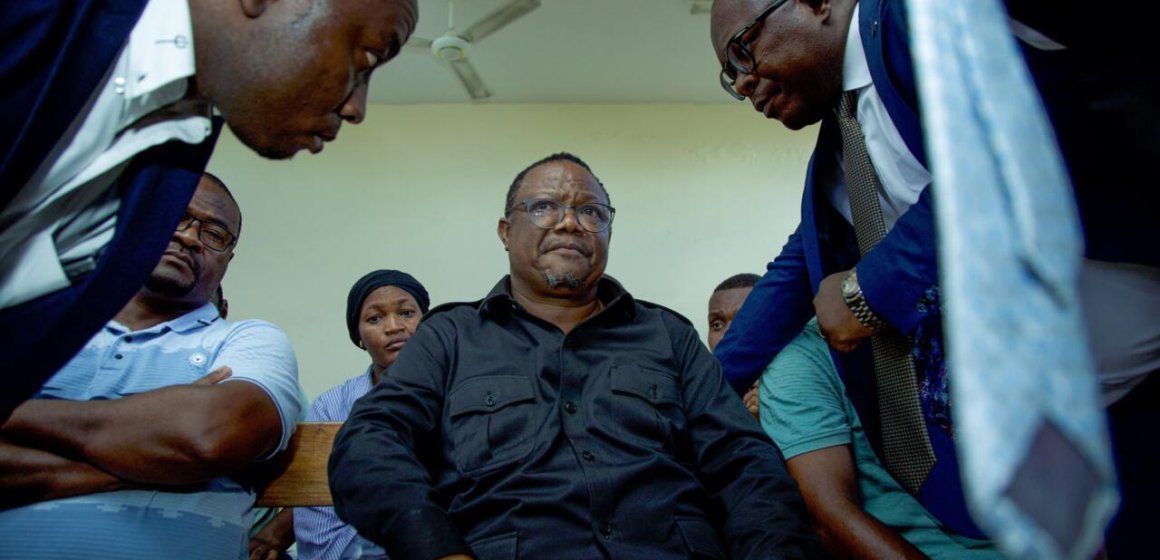

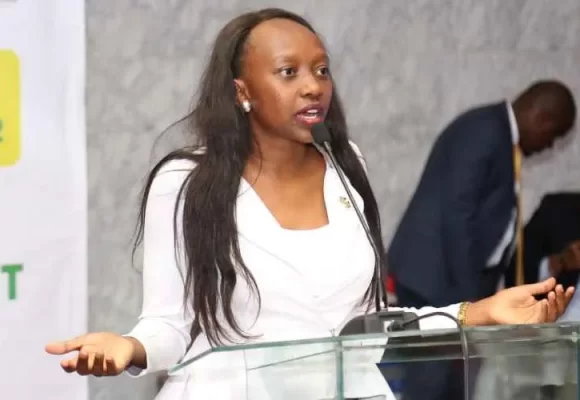
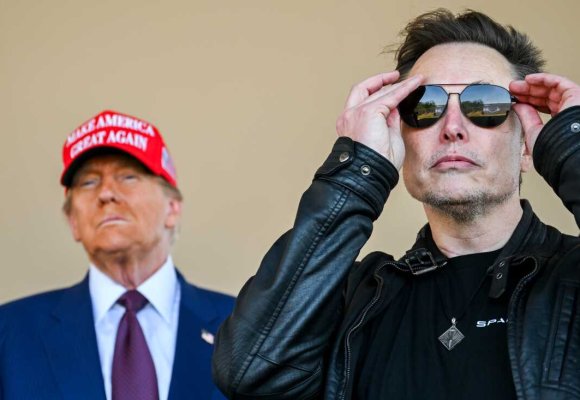
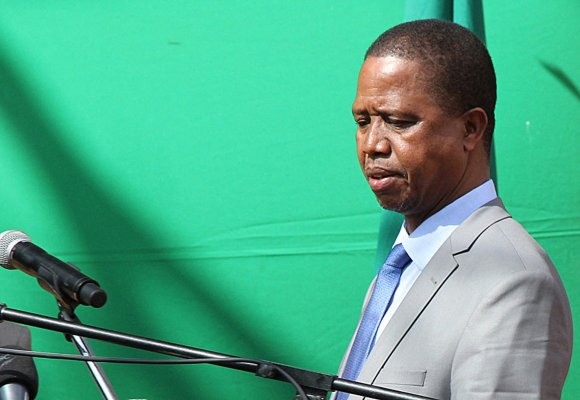
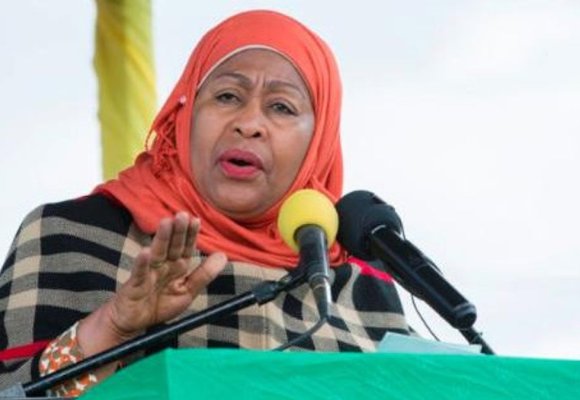
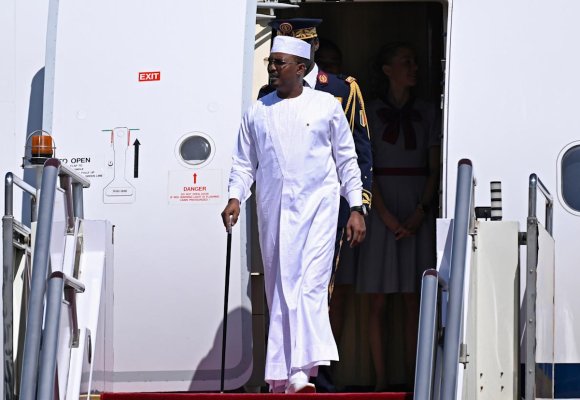
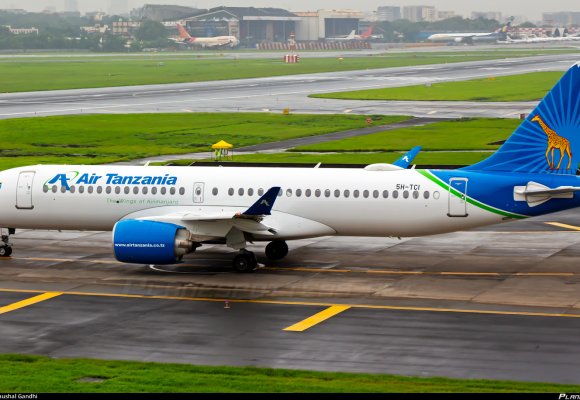
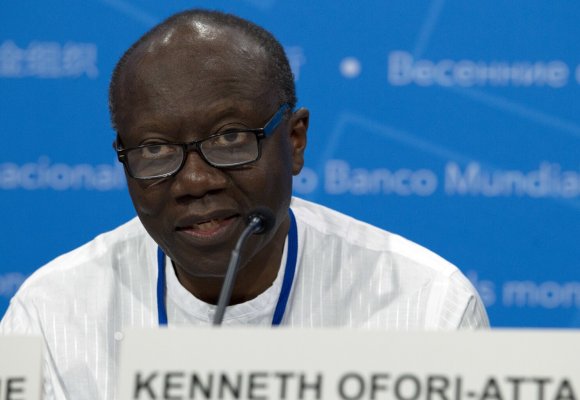
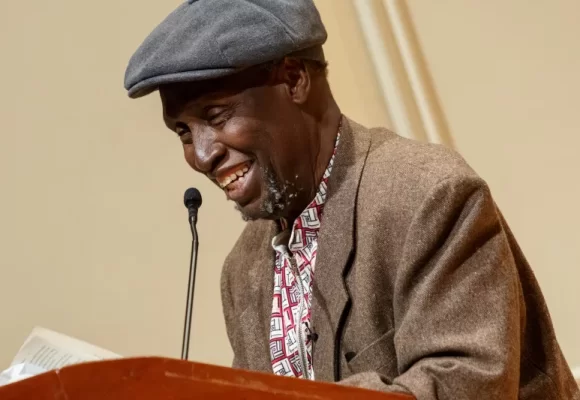
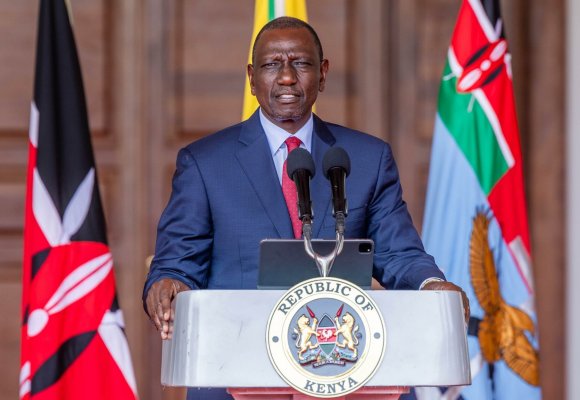
LEAVE A COMMENT
You must be logged in to post a comment.